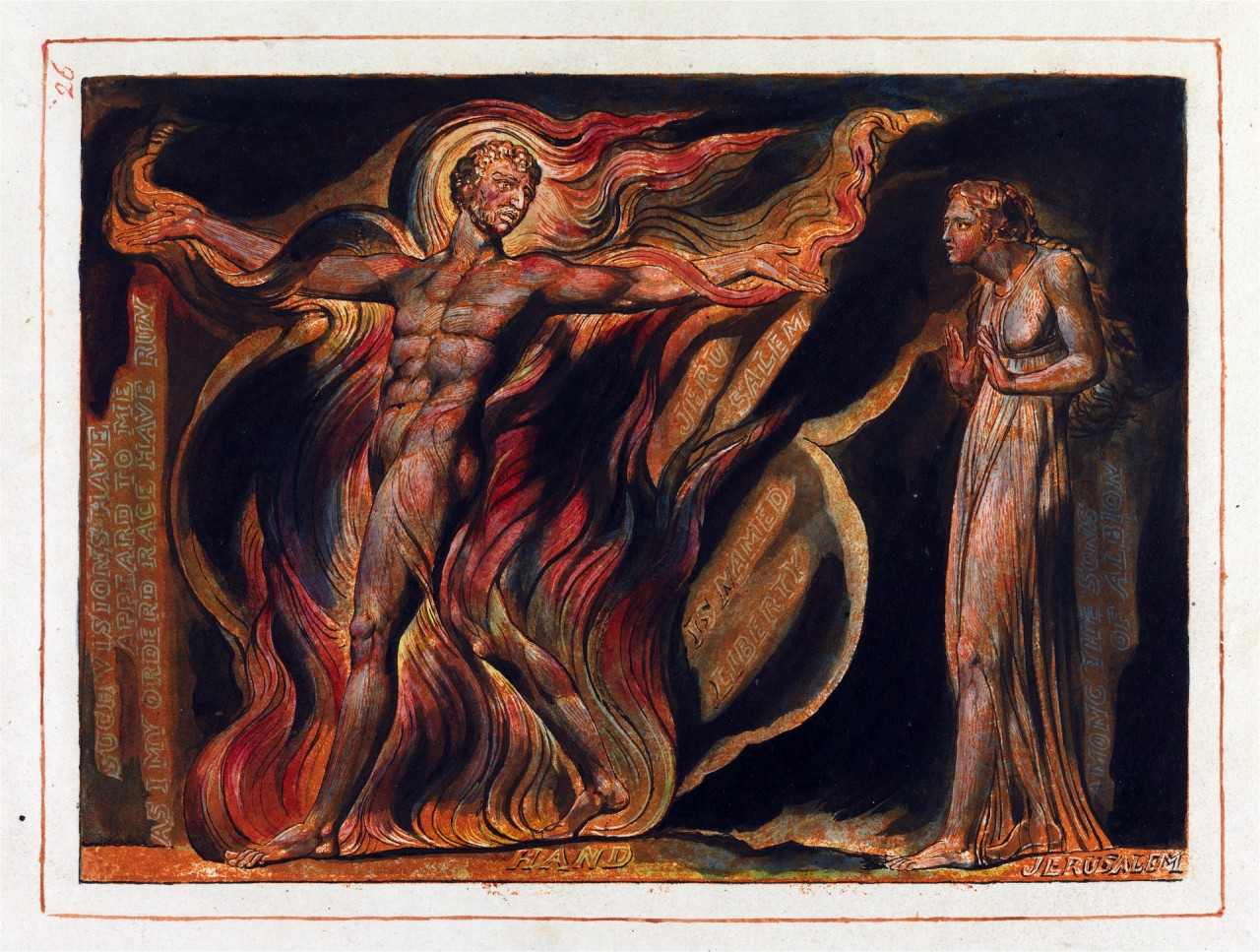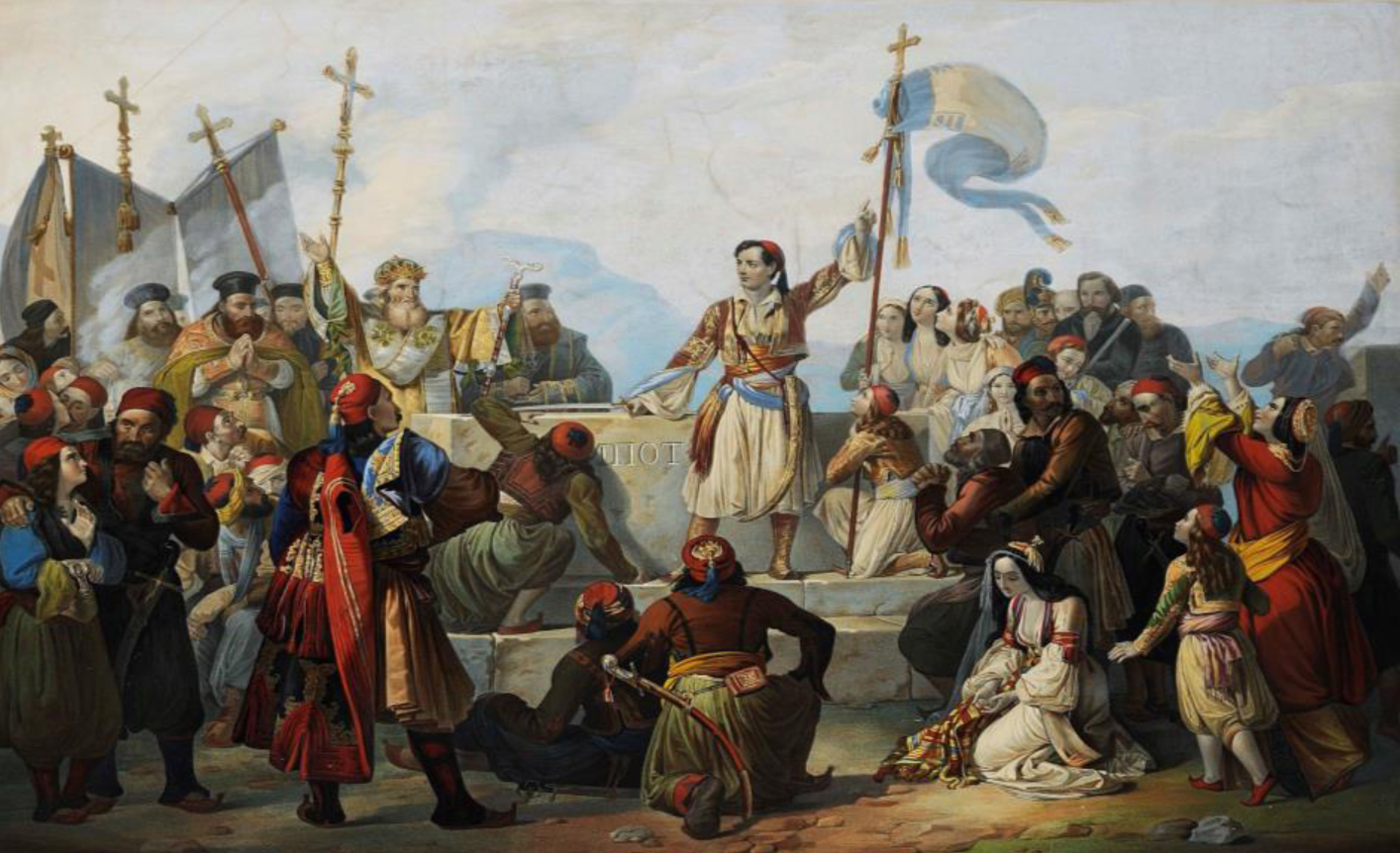‘Bliss was it in that dawn to be alive, but to be young was very heaven!’ wrote William Wordsworth as the French Revolution took fire in 1789. He was not the only poet to embrace this, the first modern rebellion championing the Rights of Man. ‘Liberty, Equality, Brotherhood’ became the watchwords of a generation which had had enough of the madness of George III, the ludicrous excesses of the Prince Regent, and the repressive dictates of both Church and State.

Revolution followed revolution between 1774, the year the war of American Independence broke out, and 1848, the year in which Europe erupted into the series of revolts that would culminate, eventually, in the Great War. Britain and Portugal joined Spain to fight the Spanish War of Independence against Napoleon. The first revolt of black slaves against their oppressors took place in Haiti. The Industrial Revolution was in full swing, begging all kinds of questions about the relationship between the haves and the have nots. And the Romantics responded – with deeds as well as words and images.
Lord Byron, captivated by the Greek struggle for Independence, moved to Greece to take up arms and famously met his death at Missolonghi in 1824. But not before he had written his paeon of praise for the Greek cause: ‘The Isles of Greece’:
‘The mountains look on Marathon –
And Marathon looks on the sea;
And musing there an hour alone
I dreamed that Greece might still be free…’
He ends with the words ‘A land of slaves shall ne’er be mine’

This was a sentiment echoed by so many of the Romantic poets at this time, of which the most outspoken was surely Percy Bysshe Shelley. The flame of Shelley’s genius may have burned only briefly – eleven years separated his expulsion from Oxford in 1811 (for Atheism) from his death by drowning in the Gulf of Spezia in 1822 – but it burned exceeding bright. It is tempting to see him as just that – a firework flashing with brilliance in a night sky, a composer of glorious lyrics, a blithe spirit, a ravishing angel – and to forget that he was also a political animal, a free-ranging, anarchic and often impossible young rebel. ‘Poets and philosophers’ he declared ‘are the unacknowledged legislators of the world,’ and he set out to make his poems and dramas prove it.
1818 marks the bicentenary of Shelley’s powerful hymn to ‘Liberty’ – ‘Prometheus Unbound’.

Based on the myth of the Titan Prometheus who stole fire from the Gods on Olympus to give it to humankind, Shelley imbues his poem his passionate belief in the rights of man. In the original, Prometheus is eventually reconciled with Jupiter, but Shelley was having none of this – his ‘Prometheus’ is a courageous revolutionary, setting himself up in opposition to an omnipotent force – ‘the highest perfections of moral and intellectual nature,’ according to Shelley, ‘impelled by the purest and truest motives to the best and noblest ends.’
By now Shelley was living in Italy. His expulsion from Oxford was followed by elopement and marriage to Harriet Westbrook, whom he left, in 1814 to elope again with Mary Godwin, daughter of Mary Wollstonecraft and Shelley’s intellectual mentor, William Godwin. He followed up ‘Prometheus’ with his ‘Ode to Liberty’, written in 1820 in the wake of the Spanish War, in which he charts the progress of Liberty through history. The epigraph at the top, aptly, quotes Byron: ‘Yet, Freedom, yet thy banner torn but flying, Streams like a thunderstorm against the wind.’
‘Prometheus Unbound’ and ‘Ode to Liberty’ were both published in 1820, and together they make up perhaps the most persuasive of all Shelley’s political and poetic works. They spoke to a youthful generation then, just as they would later speak to a nascent hippy community, which, sixty years ago, in San Francisco, celebrated the Summer of Love. That period, too, was politically highly charged – the Vietnam War was raging, the Civil Rights movement had given way to inner-city race riots, and Cold War tensions were running high. So many parallels. No wonder Mick Jagger quoted Shelley’s ‘Adonais’ during a Hyde Park Concert in 1969: twenty years later, Chinese students would chant Shelley’s ‘Mask of Anarchy’ in Tiananman Square.
‘Freedom is more than a word, more than the base coinage of statesmen, the tyrant’s dishonoured cheque, or the dreamer’s mad, inflated currency. She is mortal…’ So wrote Cecil Day Lewis in ‘The Nabara’ – a poem that arose from an episode during the Spanish Civil War. He was right: Freedom is more than a word. But in the mouth of a poet it can be a very powerful word indeed. We live in turbulent times. How important is ‘liberty’ to us? How can a poet ensure its future? Over to you, poets young and old. Give it all you’ve got.
Sue Bradbury Trustee of Keats-Shelley Memorial Association